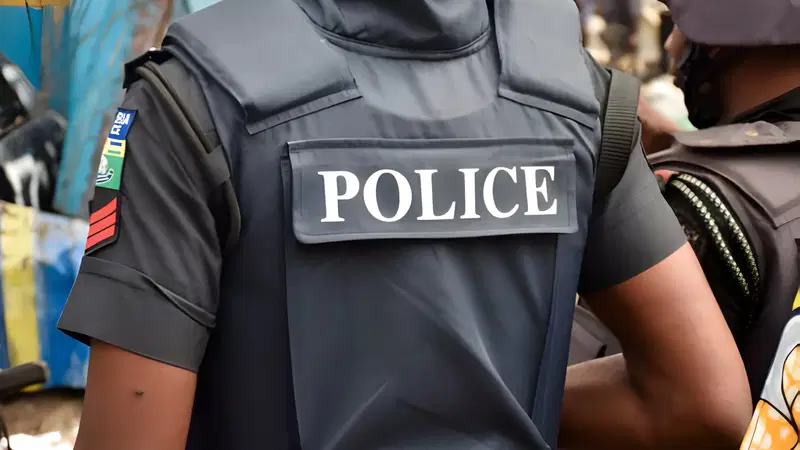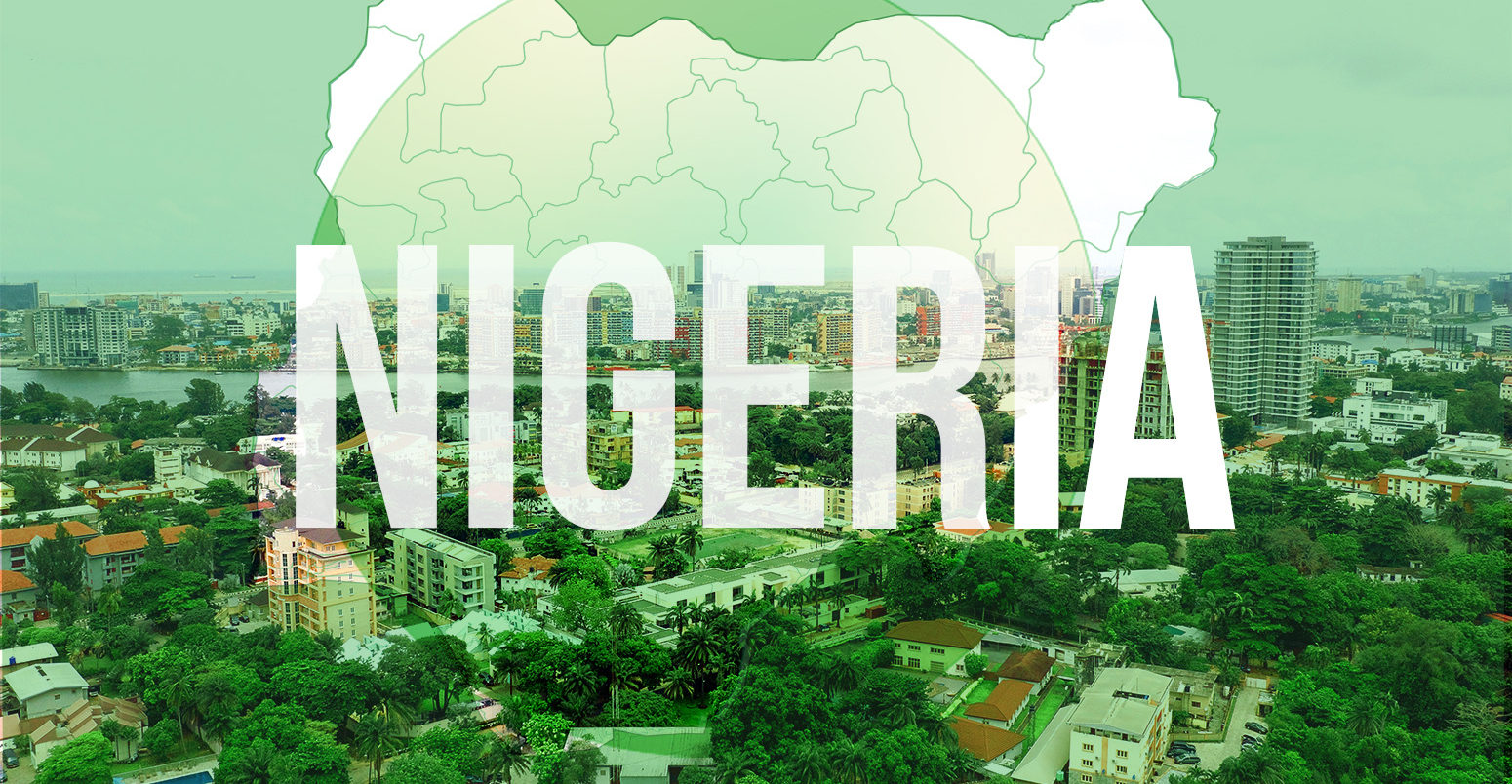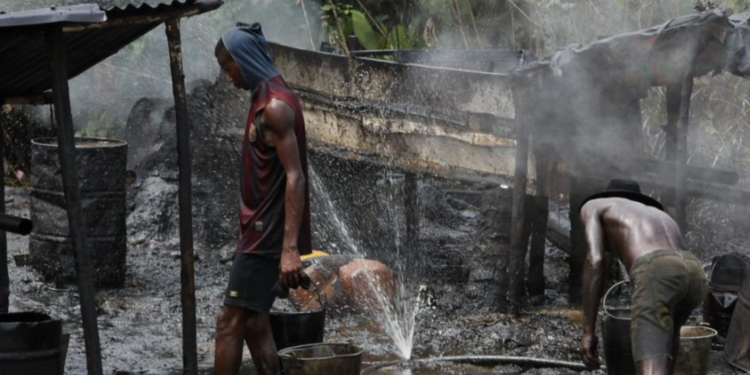How electoral violence claimed 1,350 lives since 2015
Tasks before Abubakar’s peace committee
By Clifford Ndujihe
There is fear in the polity in Edo State as rival parties have vowed to defend their votes with their blood in the September 21 governorship election.
The stance of the parties is raising concern that deaths due to electoral violence may be spiked. No fewer than 1,350 lives had been destroyed via balloting violence since 2015.
Since it was established in 2014, the General Abdulsalami Abubakar-led National Peace Committee, NPC, has never had it as tough as now in getting political parties, candidates and other stakeholders to sign a peace accord before an election.
Except something significant happens before next Saturday, the Peoples Democratic Party, PDP’s signature will not be on the peace document. If it happens, it will be the first time a participating party and its candidate will be declining their signatures.
On Thursday, the Edo State PDP Chairman, Dr Tony Aziegbemi, and its Candidate, Dr Asue Ighodalo refused to sign the pact citing bias on the part of the Police, and Inspector-General of Police, Kayode Egbetokun, who they said had arrested 16 members and leaders of the party and were making plans to arrest 15 more. The PDP and Governor Godwin Obaseki of Edo also alleged bias against the Independent National Electoral, Commission, INEC, who they accused of working with the All Progressives Congress, APC, to rig the election, saying they would not be signing a peace accord when those who should protect the citizenry were doing the contrary.
Specifically, the PDP said it would not sign the document unless its 16 members were unconditionally released by the Police or charged to court. It asked the INEC to redeploy Edo Resident Electoral Commissioner, Dr. Anugbum Onuoha, who it said was related to FCT Minister, Mr Nyesom Wike; and the IGP, to redeploy Edo State Commissioner of Police, Lemo Edwin Ivwo, to ensure a peaceful and credible poll next Saturday.
The APC initially toed PDP’s line of not signing but later changed its mind. The Acting Chairman of the APC, Emperor Jarret Tenebe and the candidate of the party, Senator Monday Okpebholo rescinded their decision and signed the document because of “our respect for the rule of law, the credibility of the National Peace Committee headed by former Head of State, General Abdulsalami Abubakar, retd, and Bishop Hassan Kukah.”
Tenebe said: “One of our demands was that those who attacked our candidate’s convoy and killed his police detail should be declared wanted and arrested.
“The Police have promised that they will be apprehended. And it will also not be proper for us not to come because the chairman of the committee, General Abubakar Abdulsalami is an elder statesman,” he said.
As it is, the APC and 16 other parties taking part in the election appended their signatures without the PDP. Following the tense atmosphere, the leading parties– PDP, APC and Labour Party, LP, have vowed to resist rigging and protect their votes with their blood in the September 21 poll, a stance that portends danger and bloodbath.
NPC’s mandate
The peace committee was conceptualised in 2014 in response to emerging threats occasioned by the 2015 general elections. It is made up of eminent statesmen, who undertake efforts to support free, fair and credible elections as well as intervene in critical issues of national concern through high-level mediated and alternative dispute resolution mechanisms. At inception, the NPC had an urgent mandate to make modest contributions towards a smooth and peaceful conduct of the 2015 elections devoid of breakdown of law and order before, during and after the electioneering process.
Ever since, it has worked to ensure peace in the 2019 and 2023 general elections as well as off-cycle governorship elections in Anambra, Bayelsa, Edo, Ekiti, Imo, Kogi, Ondo and Osun states.
In each of these elections, the NPC held a summit and got all stakeholders to sign a peace accord, pledging to abide by the rules and ensure peaceful and credible elections.
Lip service on peace accord
Ten years after the NPC’s mediation started, a host of the stakeholders have been working against the tenets of the accord. Records show that the 2015 general polls were more peaceful than the 2019 and 2023 exercises as violence, manipulation of polls, intimidation and suppression of voters trail most of the balloting.
Since the NPC came into being no fewer than 1,350 lives had been lost to electoral violence.
The Tony Blair Institute reported recently that 1,525 people were killed in election-related violence across the country in five election cycles before 2023.
According to a report by SBM Intelligence, which monitors socio-political and economic developments in Nigeria, 626 people were killed during the 2019 election cycle, starting with campaigns in 2018.
Dataxpat.com and Vanguard’s checks showed that 80 lives were wasted during 1999 general polls. For other cycles, the figures are 2003 (100), 2007 (428), 2001 (912), and 2015 (370). No fewer than 217 people were killed in off-cycle governorship elections in eight states since 2016.
General election fatalities since 1999
Year– deaths
1999– 80
2003 –100
2007– 428
2011– 912
2015 –370
2019– 626
2023– 137
Tasks before Abubakar’s committee
Given the worsening incidents of violence, some stakeholders have urged the NPC to up its game beyond the recurring peace accord signing ritual on the eve of elections. It has also been urged to speak up when the INEC and security agencies undermine the process. One way of doing this is supporting moves to get electoral offenders punished.
Although the INEC has got some of its officials prosecuted for aiding election rigging, no politician has been prosecuted for manipulating elections even though an avalanche of election results have been overturned by the courts.
Ahead of the Saturday’s balloting in Edo, it is hoped that all stakeholders will embrace peace and do the needful in the interest of democracy and well-being of the citizenry.





